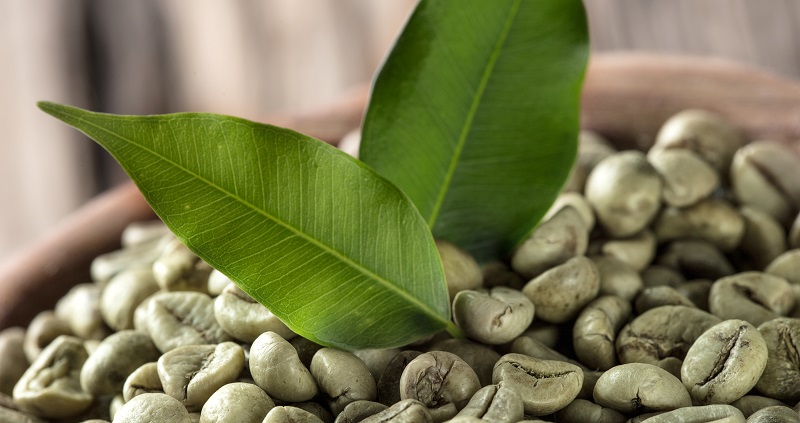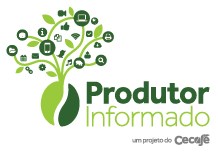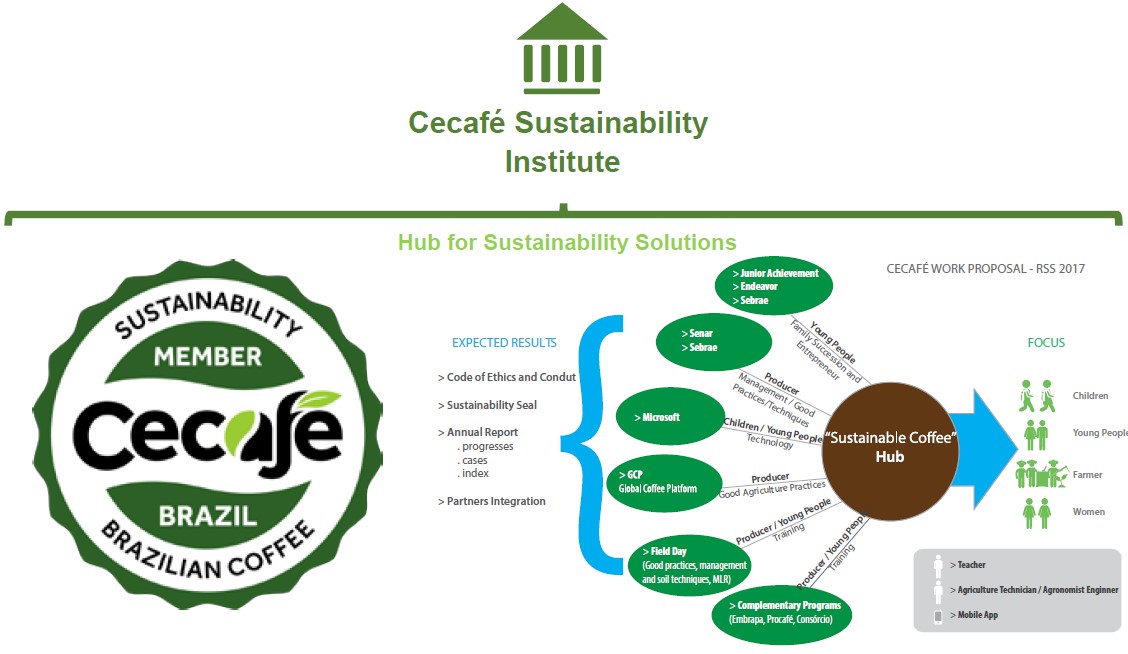
In recent years, Cecafé – Brazilian Coffee Exporters Council – has been working with the entire production chain to establish a strategic plan to promote Brazilian coffee image and communication on sustainability.
Cecafé has followed the recent changes in the Brazilian political scenario from close, expanding its presence at the Ministries of Agriculture, Livestock and Food Supply; Infrastructure; Economy; and Foreign Affairs, aiming to ensure the presence and represent the interests of the Brazilian coffee export sector in the domestic and external environments.
In the domestic environment, focus has been given to investments in infrastructure, to the correct performance of regulatory agencies such as Antaq, and to the passing of public policies to cater to sector needs through the Parliamentary Front of Agriculture. Also, Cecafé has advocated for a communication agenda to promote the sustainability of Brazilian agribusiness, with participation of all sector organizations. The Pensar Agro Institute—which we are a part of—started to prioritize actions to structure Brazil’s first international relations platform, focusing on promoting Brazilian products commercially and on bilateral and multilateral international ag reements.
Communication and promotion of Brazil’s image abroad has been enhanced by the country’s network of Agricultural Attachés and Embassies. The country has also been engaged in participating in he main global food and beverage trade shows, which is made possible by establishing new strategic alliances.
Brazilian agribusiness is constantly evolving in its agenda to communicate and promote Brazilian coffee image, constantly seeking to adapt to the best sustainability p ractices in its production processes.
 Brazilian coffee agribusiness sustainability encompasses three classic pillars: economic, social and environmental. Brazil has one of the most advanced and strictest social and environmental legislations in the world. In addition, Cecafé and its partners have increasingly invested in sustainability. One example is the Informed Producer Program (PI), created by Cecafé and that has already trained more than 6,000 producers. The PI is a digital inclusion program focused on training producers in basic computing and good agricultural practices, and includes several items of the Sustainability Agenda, such as maintenance of managed vegetation between crop lines; correct and safe use of pesticides, preservation of protected areas (APPs and Legal Reserve); use of alternative energy sources; integrated protection; and coffee preparation predominantly based on natural drying – using terrace-sun drying with little use of energy from non-renewable sources. Other topics include water management and best labor practices in rural properties. In addition to the PI, Cecafé and its partners coordinate several other actions, such as the Coffee Children at School and the Safe Coffee programs and works proactively in Initiatives of the Global Coffee Platform members.
Brazilian coffee agribusiness sustainability encompasses three classic pillars: economic, social and environmental. Brazil has one of the most advanced and strictest social and environmental legislations in the world. In addition, Cecafé and its partners have increasingly invested in sustainability. One example is the Informed Producer Program (PI), created by Cecafé and that has already trained more than 6,000 producers. The PI is a digital inclusion program focused on training producers in basic computing and good agricultural practices, and includes several items of the Sustainability Agenda, such as maintenance of managed vegetation between crop lines; correct and safe use of pesticides, preservation of protected areas (APPs and Legal Reserve); use of alternative energy sources; integrated protection; and coffee preparation predominantly based on natural drying – using terrace-sun drying with little use of energy from non-renewable sources. Other topics include water management and best labor practices in rural properties. In addition to the PI, Cecafé and its partners coordinate several other actions, such as the Coffee Children at School and the Safe Coffee programs and works proactively in Initiatives of the Global Coffee Platform members.
Cecafé also created the Brazilian Coffee Sustainability Seal, aiming to support sustainability initiatives and to strengthen, recognize, and promote Brazilian coffee.
Based on the transparency, seriousness and maturity of the Brazilian coffee agribusiness, the Seal reinforces the sector’s sustainability and its commitment to players in the global coffee market, including roasters and consumers worldwide, and raises the bar for the global certification system.
Brazil already holds natural certification because of its social and environmental laws and consolidated economic results. Wide use of this Seal by Cecafé members further promotes the sustainability and quality of Brazilian coffee, with sovereignty and independence from any certification, for the abovementioned and scientifically proven reasons. Brazil is the country that most passes on FOB – Free on Board – prices (value negotiated by onboard coffee bag) to coffee growers. According to IPEP methodology – Share of domestic price in FOB value of Brazilian Arabica coffee exports – Brazil passes on approximately 84% of prices. This level demonstrates logistical efficiency and transparency in the country’s coffee production chain.
Cecafé, as a legitimate representative of the Brazilian coffee export sector, rationally carries out several sustainable actions with coffee growers and other segments, having the national interest in mind. Through its Social Responsibility and Sustainability Programs, Cecafé and its members reaffirm the country’s commitment to spreading the best environmental and social practices in all segments of the production chain.
In early 2020, Cecafé will launch the I-Cecafé: Brazil’s Coffee Sustainability Institute. The Institute’s objective is to carry on with projects already consolidated in the Social Responsibility and Sustainability area, increasing their scope and comprehension.

However, there are still major challenges and opportunities ahead. In order to continue advancing in the area, it will be essential to expand investments in Research and Development and to further develop programs such as the Informed Producer, increasingly spreading good practices to producers of all sizes and strengthening the national chain, thus gaining share in the global market. Cecafé will continue to move on towards an increasingly sustainable and soc ially responsible future.
Nelson Carvalhaes – Chairman of CECAFÉ
Marcos Matos – CECAFÉ CEO
Lilian Vendrametto – CECAFÉ Sustainability Manager


Leave A Comment